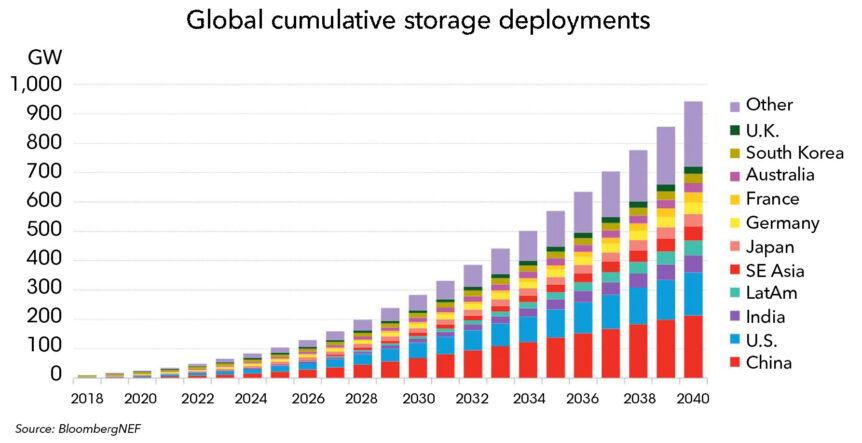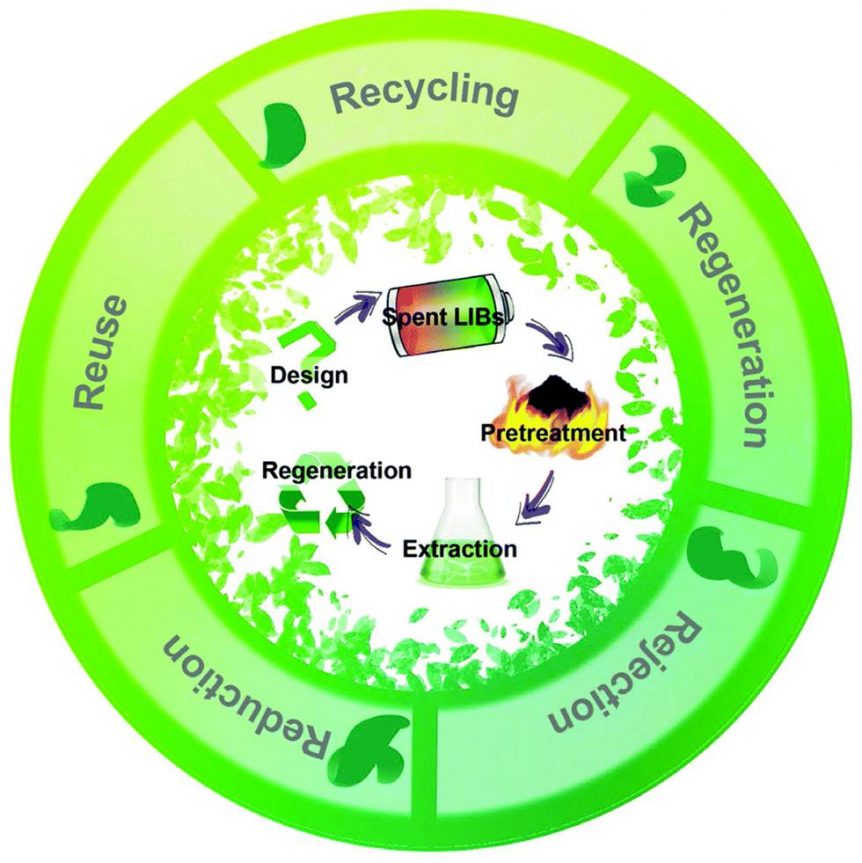With war in Ukraine threatening European and even American oil supplies, many nations are scrambling to develop and deploy cleaner sources of energy. That’s where the U. S. Department of Energy may have a large part in backing big money for battery research. $3.1 billion in funding from the Infrastructure Investment and Jobs Act (IIJA), “will support the creation of new, retrofitted, and expanded commercial facilities as well as manufacturing demonstrations and battery recycling.” Batteries get Billions, Big Oil Gets Trillions One sometimes wonders why the governments of the world subsidize Big Oil as much as they do. Big Oil has created the wealthiest corporations since the Roman Empire. First-world nations spend a tremendous amount of their wealth in extracting, refining, shipping and consuming these often dirty fuels. Bill McKibben recently wrote, “…almost half of what we move around the seas is not finished products (cars) nor even the raw materials to make them (steel), but simply the stuff that …
Recycling Lithium Batteries – Cheaper, Better, Greener?
We would all love less expensive batteries that are safe, reliable, and possibly even better performing than what we have now. What if recycling our throw-aways gave us “new” batteries with refined materials that improve their performance? A current paper from the Royal Society for Chemistry may hold a key to producing such cheaper, better batteries. The complete entry expands on the idea of reclaiming materials in used batteries in an efficient, cost-effective way. The findings come to light with good timing, considering recent concerns over lithium mining and availability. Conflicted over Conflicts Battery materials are selected for factors such as their inherent ability to shuttle ions between a cathode and anode, the positive and negative poles of a battery. Electrodes may contain lithium, cobalt, and nickel, among other elements. Cobalt, for instance, is a so-called “conflict mineral,” sourced from places like the Democratic Republic of the Congo using child labor. Such minerals are often mined using “artisanal and small-scale …


